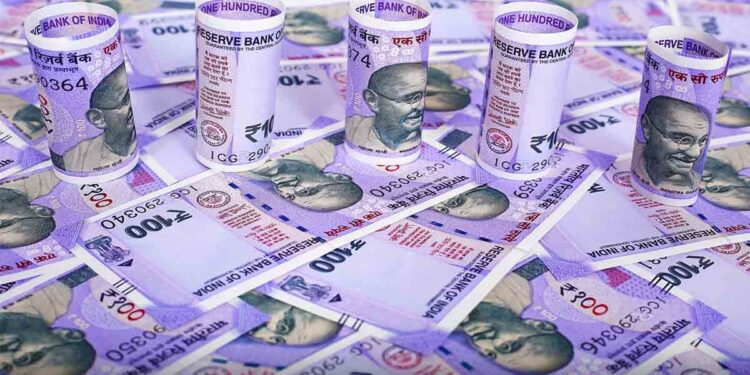Demand for consumer durables remained strong with the pandemic leading to some categories like washing machine and dishwashers getting established, while the early onset of summer in March and the continuous heat wave sweeping large parts of India have led to strong demand for refrigerators and air conditioners.
According to large retailers that FE spoke to, the sales of consumer durables has remained strong from mid-March, and companies said that the months of March and April have been their best months in two years.
The trend is a continuation of strong sales that the consumer durable companies have been clocking since the end of March quarter. The revenues have remained strong for the quarter ended March 31, 2022 on the back of commodity-linked price hikes along with robust demand in the second half of the quarter, according to analysts at Motilal Oswal.
In air conditioners, for instance, Blue Star, Lloyd and Voltas clocked sales growth of 32%, 28% and 10%, respectively, year-on-year, in the March quarter, even as the margins remained under pressure due to high input costs. April too has been strong for refrigerators and air conditioners sales.
Pradeep Bakshi, managing director & CEO, Voltas said, “The summer of April 2022, has helped us gain an unprecedented growth in comparison to the last three years. Our room AC business has grown up by over 170% in volume. The overall cooling products business has grown by more than 160% while our home appliances grew by 75% in volume. In commercial refrigeration, the company has grown by 125% in volume in April 2022.”
The three major categories of air conditioners, refrigerators and washing machines combined together witnessed a volume growth of 24-68% on a y-o-y basis for the month of April, with room AC leading the pack. “On a 3-year CAGR basis, volume growth stood at 14% for room ACs, followed by 8% for washing machines and 6% for refrigerators,” according to analysts at Emkay.
Market share of Voltas improved by about 120 basis points month-on-month in April. Lloyd gained 60 basis points market share m-o-m in April and reached the highest level since May 2020. Its implied gain in market share is 270 basis points y-o-y. LG and Samsung lost around 150 basis points share y-o-y in April. Blue Star’s share was largely stable, while Hitachi, Daikin, Panasonic and Haier gaining share y-o-y.
Also, April onwards, the demand has become more secular. While the premium and high-end products were seeing healthy demand, the entry-level products in the refrigerators and washing machines have also come upto speed after three quarters of y-o-y decline until Q4FY22.
Nilesh Gupta, director, Vijay Sales said that the months of March and April have been the best months for the retailer in the last two years. “We saw 30% growth in sales in March and April across all durables. The month of May was slightly lower because of the high sales volumes in the previous two months, but still held strong at 25%,” he said. Gupta added that the sales have been strong despite a 15-20% hike in prices of products in the last 15-17 months, primarily because of wider availability of easy finance options and equated monthly instalment (EMI) facilities available to customers.
Despite the supply chain challenges due to shortage of semi-conductors and fresh lockdown in China with the increasing number of Covid-19 cases, retailers said that companies have been able to meet the demand in time and there were no major concerns around the availability of brands or models.
“It is possible that at times certain brand or models were not available. However, with a wide range of international brands in the market and a number of models within a brand also, customers were able to shift to another model or to a different brand all together,” Gupta said.
B Thiagarajan, managing director, Blue Star said that there has been a significant component shortage from December 2020 to March 2021, while ocean freight rates are three times higher. However, the company has been able to mitigate it by holding higher inventory. “Inventory holding levels that would have been 45 days, have now increased to 90 days. We have locked components like semiconductors till 2024 end. There could be some shortage in some SKUs, and few locations, but we are adequately stocked till July,” he told analysts recently.
He said that the market will grow 20-25% between March and July this year over 2019, and the company has adequate inventory to cater to a 30% growth.














